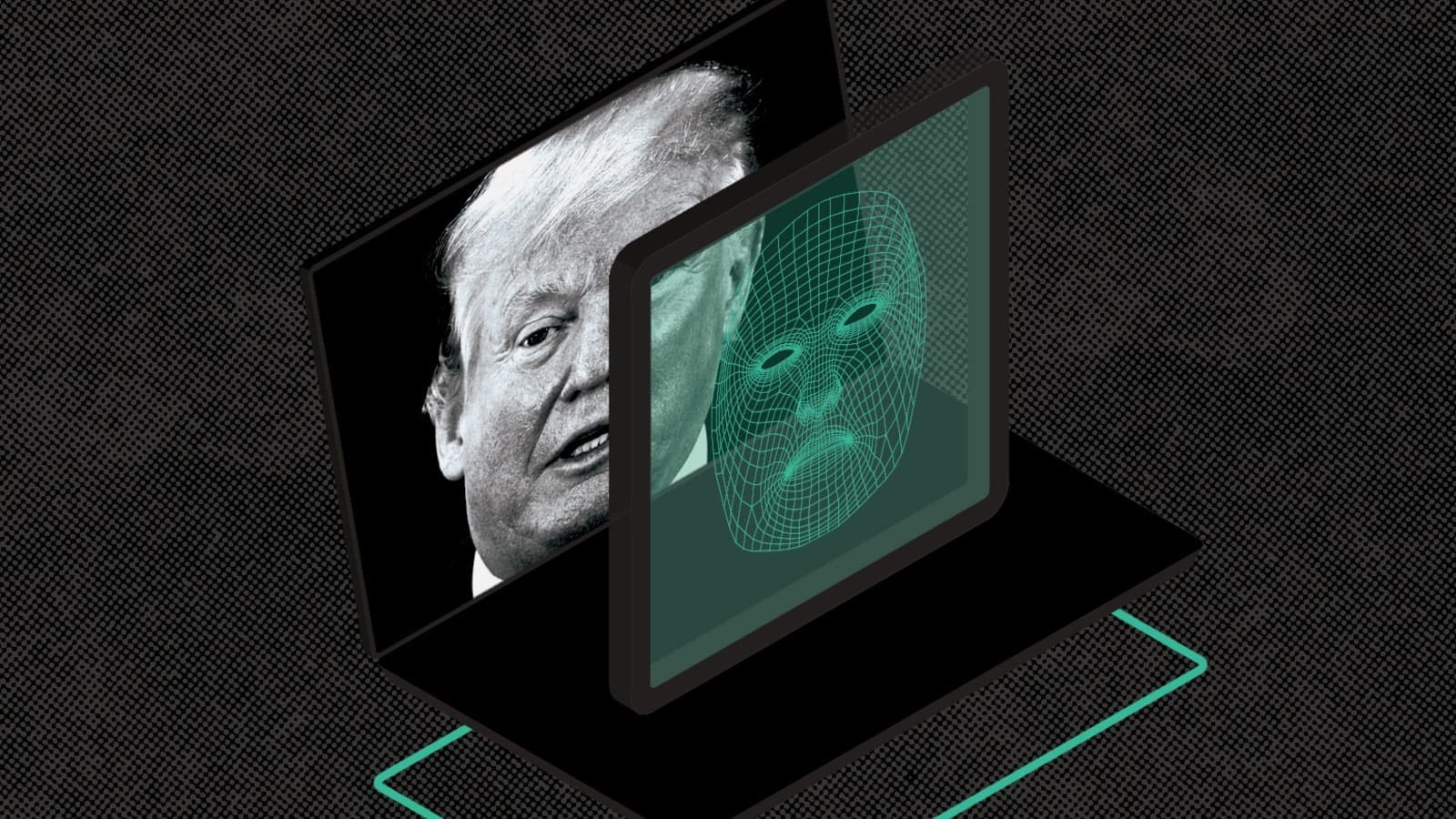
Deepware is a term that might sound like something out of a sci-fi movie, but it’s very real and quite fascinating. What is Deepware? Deepware refers to advanced software systems that use artificial intelligence (AI) and machine learning to perform tasks that typically require human intelligence. These tasks include recognizing speech, making decisions, and even creating art. Imagine a computer program that can write a song, diagnose diseases, or drive a car! Deepware is transforming industries, from healthcare to entertainment, by making processes faster and more efficient. In this blog post, we’ll explore 17 intriguing facts about Deepware that will blow your mind. Get ready to dive into the world of cutting-edge technology!
Key Takeaways:
- Deepware, or deepfake technology, uses AI to create fake images, videos, and audio. It can be used for special effects in movies, but also poses risks like spreading misinformation and violating privacy.
- Identifying deepware can be tricky, but unnatural movements and mismatched audio can be signs. As the technology improves, regulations may be needed to control its use.
What is Deepware?
Deepware, also known as deepfake technology, uses artificial intelligence to create realistic but fake images, videos, or audio. This technology has gained attention for its potential uses and risks.
-
Deepware combines "deep learning" and "software." Deep learning is a type of machine learning that teaches computers to recognize patterns.
-
The first deepfake video appeared in 2017. It showed a famous actress's face swapped onto another person's body.
-
Deepware can create fake audio too. It can mimic someone's voice almost perfectly.
How Does Deepware Work?
Understanding how deepware operates can help grasp its capabilities and limitations. Here are some key points.
-
Deepware uses neural networks. These networks are designed to mimic the human brain's way of processing information.
-
It requires a lot of data. To create a convincing deepfake, the AI needs many images or audio samples of the person being mimicked.
-
Training a deepware model can take days or even weeks. The AI must learn to recognize and replicate subtle details.
Uses of Deepware
Deepware isn't just for creating fake videos. It has several other applications, some beneficial and others controversial.
-
Filmmakers use deepware for special effects. It can de-age actors or bring deceased actors back to life on screen.
-
It helps in dubbing movies. Deepware can sync an actor's lips to match different languages.
-
Deepware can create virtual influencers. These are computer-generated characters that look and act like real people.
Risks and Concerns
While deepware has many uses, it also poses significant risks. Here are some of the main concerns.
-
Deepware can spread misinformation. Fake videos can make it hard to tell what's real and what's not.
-
It can be used for blackmail. People can create fake videos to ruin someone's reputation.
-
Deepware can violate privacy. Unauthorized use of someone's likeness can lead to legal issues.
How to Spot Deepware
Identifying deepware can be challenging, but there are some signs to look for.
-
Look for unnatural movements. Deepware often struggles with small details like blinking or facial expressions.
-
Check the audio. Sometimes the voice doesn't match the lip movements perfectly.
-
Use deepware detection tools. Some software can analyze videos to determine if they are fake.
The Future of Deepware
Deepware technology is evolving rapidly. Its future holds both promise and peril.
-
Improved algorithms will make deepware even more realistic. This could make it harder to detect fakes.
-
Regulations may be needed. Governments might create laws to control the use of deepware.
Final Thoughts on Deepware
Deepware's impact on our lives is undeniable. From enhancing medical diagnostics to revolutionizing entertainment, it's clear this technology is here to stay. Understanding its capabilities and limitations helps us navigate its benefits and challenges.
While deepware offers incredible potential, it also raises ethical questions. Ensuring responsible use is crucial. As we embrace these advancements, staying informed and vigilant is key.
The future of deepware looks promising, with continuous innovations on the horizon. By keeping up with these developments, we can make the most of what deepware has to offer.
So, whether you're a tech enthusiast or just curious, knowing these facts about deepware gives you a better grasp of this fascinating field. Stay curious, stay informed, and watch as deepware continues to shape our world.
Frequently Asked Questions
Was this page helpful?
Our commitment to delivering trustworthy and engaging content is at the heart of what we do. Each fact on our site is contributed by real users like you, bringing a wealth of diverse insights and information. To ensure the highest standards of accuracy and reliability, our dedicated editors meticulously review each submission. This process guarantees that the facts we share are not only fascinating but also credible. Trust in our commitment to quality and authenticity as you explore and learn with us.


